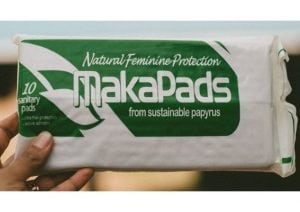
Agriculture
December 19, 2023
MakaPads Sanitary Pads
Read SolutionImplemented by
MakaPads
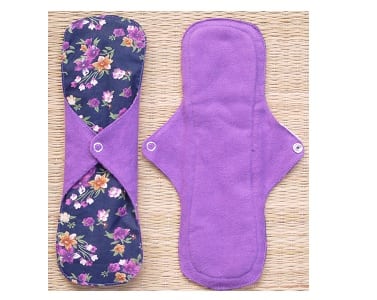
Updated on December 18, 2023
·Created on September 8, 2015
Eco Femme subsidized pads are washable, reusable pads which is equivalent of 75 disposable pads.
Eco Femme washable cloth pads are made of absorbent flannel cotton and worn like disposable pads to absorb menstrual flow. They can be washed and re-used for 75 washes with proper care. These pads are priced to be affordable for economically disadvantaged women in India.
Their pads are available in two models: the All-In-One pad resembles a disposable sanitary napkin with wings and the Foldable model is like a handkerchief, dries faster and looks inconspicuous on the clothesline. Both models have been thoroughly tested and accepted by girls and women, alike.
Target SDGs
SDG 3: Good Health and Well-Being
Market Suggested Retail Price
$1.00
Target Users (Target Impact Group)
Household
Distributors / Implementing Organizations
They have partners in 17 states and 2 Union territories of India. (Tamil Nadu, Karnataka, Goa, Kerala, Maharashtra, Andhra Pradesh, Sikkim, Nagaland, Tripura, Gujarat, Jharkhand, Madhya Pradesh, Orissa, Rajasthan, Uttar Pradesh, Himachal Pradesh, West Bengal, Delhi and Pondicherry (UT))
Competitive Landscape
Direct competitors include EcoSmart Pads, AFRIpads Menstrual Kit, Be Girl FlexiPads, Saathi Pads, MakaPads Sanitary Pads, and Lunapads.
Countries
India
Manufacturing/Building Method
Reusable menstrual cloth pads are simple to stitch and can be stitched by any rural woman with a sewing machine and basic tailoring skills. Production for Eco Femme (stitching of pads) takes place in five units: AVAG (Auroville related NGO), Cocoon (Auroville related women’s production unit), Blossoms (Auroville unit), Ektha (a Bangalore based women’s producer company) and Clothing Connections (Kiruba unit). All five units ensure fair wages and safe working environments to the women employed there.
Intellectural Property Type
Open-source
User Provision Model
Eco Femme pads can be bought online (from their website) as well as from many brick stores in India and abroad.
The pads can be sponsored or gifted to economically disadvantaged girls and women in India via their Pads For Sisters and Pad for Pad program. They can also be purchased by these women themselves at a subsidized rate, usually mediated by a third party (NGO).Interview with the designer
Distributions to Date Status
Between launching the program in 2013 and March 2020 Eco Femme has provided over 100,000 pads to low income beneficiaries under Pads for Sister program and sponsored 175,000 free pads to adolescent girls under the Pad for Pad program. Interview with the designer
Absorbency types
Regular
Absorbent base materials
Soft flannel cotton
Usability Features
Beautiful designs and patterns, PUL leak-proof layer at the bottom, wings with metal (zinc and lead free) snaps to keep the pads in place, hypoallergenic GOTS certified organic cotton flannel, easily foldable to carry while travelling.
Design Specifications
Eco Femme are made of organic cotton.
Top of the pad : soft flannel cotton
Inside of the pad : ultra-absorbent cotton flannel
Back of the pad : PUL (polyurethane laminate) leakproof layer
Technical Support
Provided by manufacturerOnce the usable life is over, the flannel layers can be composted, and the snap buttons and PUL layer removed as mixed waste.
Replacement Components
N/A, Single-use product
Lifecycle
Eco Femme states that their products can last for 5 years, as the washable cloth pads have a leakproof layer of PUL (polyurethane laminate) which will last for approximately 75 washes.
Once the usable life is over, the flannel layers can be composted, and the snap buttons and PUL layer removed as mixed waste.Interview with designer
Manufacturer Specified Performance Parameters
Eco Femme aims to produce products and practices that are healthy, dignified, affordable and eco-positive. They have set a target of providing 32000 pads to low income beneficiaries under Pads for sister program for 2020-2021.Interview with designer
Vetted Performance Status
Unknown
Safety
Pads must be washed properly in cold water and dried in the sunlight. Improper cleaning of the pads between uses could result in the pads carrying pathogens which could have detrimental health effects, effectively posing a similar risk as the use of traditional reusable cloth napkins made from old saris etc.Interview with designer
Complementary Technical Systems
Pull your wet pad into shape to prevent shrinkage before drying it on the washing line in full
sunlight for best results or tumble dry on low heat. Interview with designer
Academic Research and References
Naomi, L., et al., 2017, Women Empowering Women Through Reusable Sanitary Pads. Jornal of community engagement and scholarship, vol. 10
Hennegan, J., et al., 2016, Schoolgirls’ experience and appraisal of menstrual absorbents in rural Uganda: a cross-sectional evaluation of reusable sanitary pads. Reprod Health, 13, pp. 143
Compliance with regulations
None
Evaluation methods
Eco Femme conducted product testing with over 850 women and girls in rural India and reports that their product range found acceptance and appeal among a wide range of women from economically disadvantaged backgrounds. Eco Femme made product revisions based on the insights gained from this product testing and the most popular models are now available for distribution.
Other Information
The pads are made from hypoallergenic cotton to promote healthy skin.

Agriculture
December 19, 2023
Implemented by
MakaPads
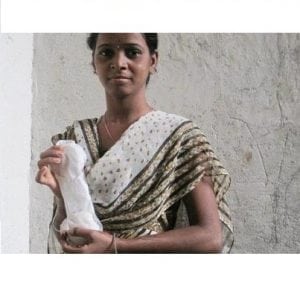
Agriculture
February 5, 2024
Implemented by
Saathi
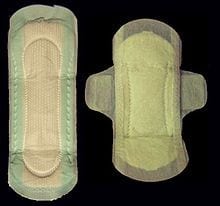
Agriculture
February 5, 2024
Implemented by
Zana Africa
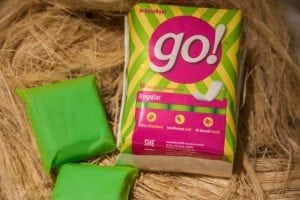
Agriculture
December 18, 2023
Implemented by
Sustainable Health Enterprise (SHE)
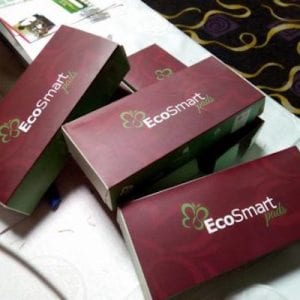
Agriculture
February 21, 2024
Implemented by
EcoSmart
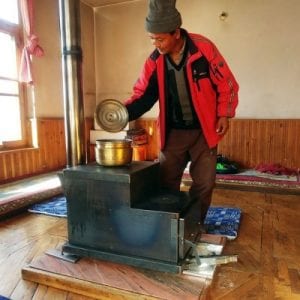
Agriculture
December 28, 2024
Implemented by
Himalayan Rocket Stove Pvt. Ltd.
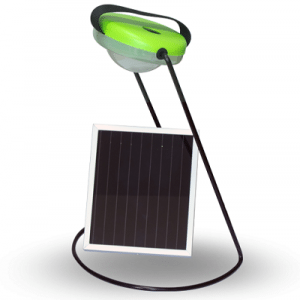
Agriculture
December 17, 2024
Implemented by
Sun King
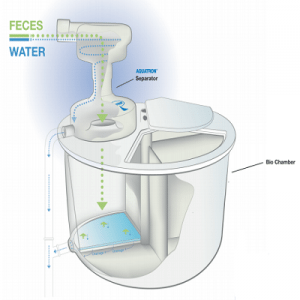
Agriculture
July 2, 2024
Implemented by
Aquatron
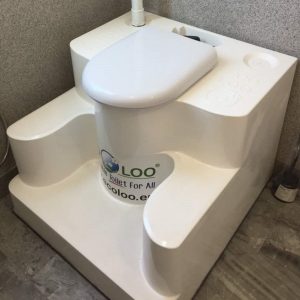
Agriculture
August 16, 2024
Implemented by
Ecoloo
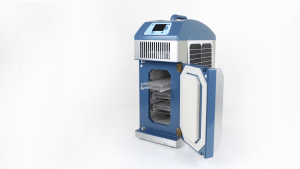
Agriculture
February 20, 2024
Implemented by
Stone Cold Systems
Have thoughts on how we can improve?
Give Us Feedback
Michael Moscherosch says:
Overall, the idea of accessible and affordable disposable sanitary napkins for women who currently use cloth napkins is very commendable, since disposable products can reduce the risk of infections due to insufficient sanitation of the used cloth pads.
This project has a good foundation in terms of research. It now needs some long term testing in real-life situations.